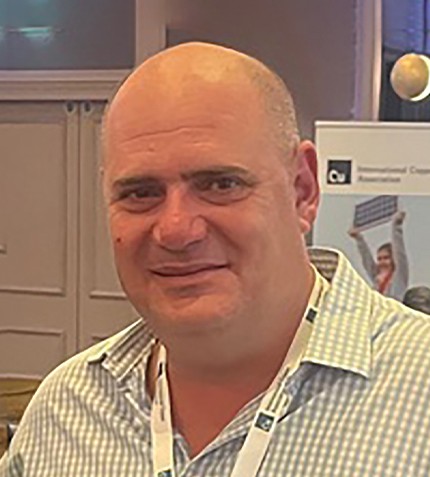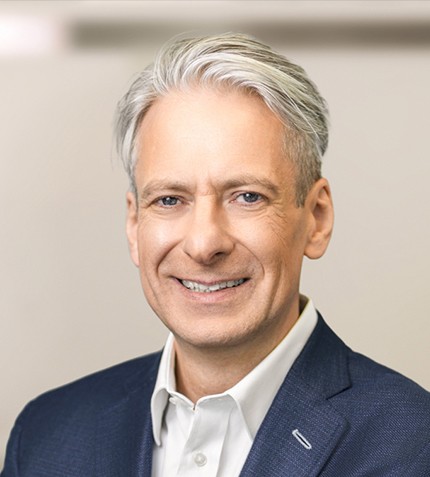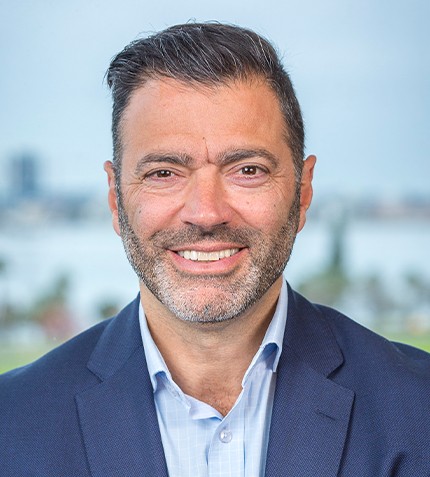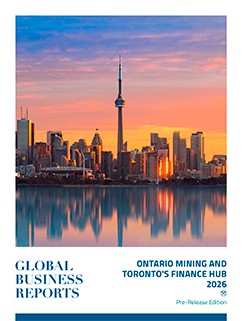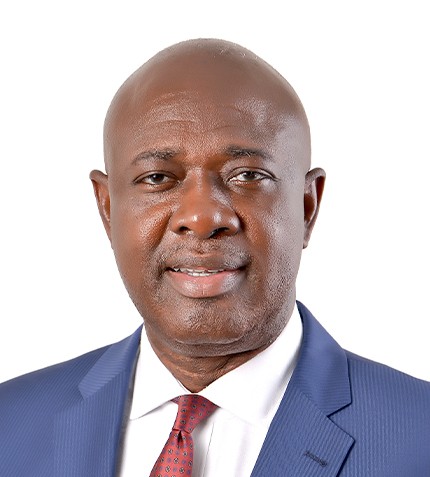
"We want to tell the world that Nigeria is offering the best fiscal and regulatory terms and is willing to resolve all issues that may arise in the course of doing business."
Heineken Lokpobiri
MINISTER OF STATE FOR PETROLEUM RESOURCES (OIL), GOVERNMENT OF NIGERIA
Can you introduce the Federal Ministry of Petroleum Resources and outline its current objectives?
The current administration came into power in 2023 with the objective of unlocking the energy sector for the benefit of Nigerians. The main agenda of the new government is to increase hydrocarbon production to enable the government to stabilize our Forex and generate the money we need to finance our budget. I would say Nigeria is more of a ‘gas’ country than an ‘oil’ country, as it is home to the largest volumes of natural gas deposits in Africa.
The first step to ramping up production is to ensure that the right fiscal framework is in place to attract foreign investment. Nigeria’s inability to produce more is not due to a lack of production capacity, but rather due to issues with old pipelines that have outlived their lifespans. These aging pipelines have made it easy for vandals to damage pipelines and steal crude, harming the security and environment of the Niger Delta. The shortfall in production in March 2024 is primarily due to the Trans Niger Pipeline being shut down for repairs. Additionally, many producers had to shut down for routine maintenance. Nigeria currently produces over 2 million bpd, and within the next year, we should be producing 2.5-3 million bpd. We want to remove all bottlenecks that are preventing Nigeria from reaching its true production capacity.
The PIA took longer than expected to be passed. By the time the regulatory framework was eventually settled, many companies had already taken their CapEx to other jurisdictions. We are gradually drawing many of the companies back, some of which have been doing business in Nigeria for over 50 years. Major IOCS like Shell, ExxonMobil and TotalEnergies have recently committed billions of dollars to developing Nigerian assets like the Bonga North oil block.
Considering the increase in Nigeria’s refining capacity, how will the government ensure that local refineries can secure enough feedstock?
On top of the upstream, we are also creating the best environment for investment into the midstream. Our refineries are being rehabilitated in Port Harcourt, Warri and other areas. This will enable Nigeria to meet a substantial part of our local demand. Refining our crude domestically will enable us to keep more money within the country.
Permits for modular refineries have been issued. However, refineries need feedstock, and with the new Dangote refinery and the ongoing rehabilitations, we will need to ensure that there is enough crude to satisfy the demand of local refineries.
Some modular refineries are unable to buy crude. This is sometimes because they want to pay for crude in naira in official exchange rates, while the sellers want the prevailing market rate, leading to never-ending negotiations. Many marginal field operators who want to sell to modular refineries have dollar debts they must pay back. The modular refineries and marginal field operators must come to the table and reach an agreement on the mode and amount of payment for crude.
How will the government’s desire to increase oil and gas production fit into the global energy transition?
Africa only accounts for 3% of global total emissions and is therefore the real victim of climate change. Africa suffers from energy poverty and Nigeria, like many other African nations, should prioritize energy security. The world’s largest oil producer, the USA, has reached record production levels, the UK is issuing new North Sea licenses, and Norway continues to invest billions into oil and gas. Every country with fossil fuels is seeking to use them. Thus, we should absolutely not stop fossil fuel production either.
Do you have a final message?
Nigeria is ready for business. From a policy standpoint, President Tinubu’s government has a new way of doing things. We want to tell the world that Nigeria is offering the best fiscal and regulatory terms and is willing to resolve all issues that may arise in the course of doing business. We have an abundance of oil, gas and other energy resources. We are offering the best, at competitive terms, and invite the world’s investors to come to Nigeria.





